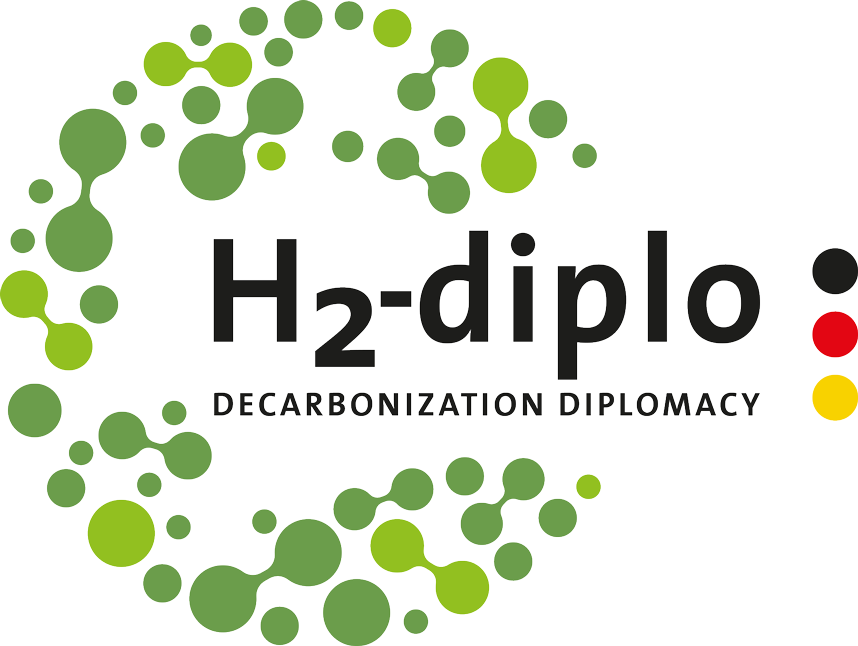On Thursday, May 14, 2022, a symposium was held on the topic of Green Hydrogen. Angola and Germany have strengthened their collaboration in green hydrogen through the establishment of the German-Angolan Hydrogen Diplomacy Office – H2 diplo. The symposium featured a detailed discussion on the future of green hydrogen and its potential impact on global energy trade. Moreover, the event explored the possibilities of cooperation between Germany and Angola.
The German-Angolan Hydrogen Office – H2-diplo, a collaborative effort fostered by the Delegation of German Industry and Commerce in Angola (AHK Angola), organised a successfully green hydrogen symposium that united the public, governmental, and private sectors. Dr Manuel Nunes Júnior, a respected figure who had previously served as the Minister of State for Economic Coordination in Angola (at time), provided insightful remarks that were warmly received. This event provided a unique opportunity for the participants to gain valuable insights into the geopolitics of low-carbon energies, the advantages of introducing green hydrogen in Angola, and how leaders can collectively harness access to energy.
During the symposium, various topics were discussed through the following questions:
- Can Angola become a green hydrogen exporting country? If yes, how can it transition to green hydrogen production?
- What are the opportunities and consequences for Angola due to the global demand for green hydrogen?
- Where can green hydrogen be used in Angola, and what economic benefits can result?
- How can Germany and Angola collaborate to explore Angola’s potential in green hydrogen production?
Renewable energy not only shifts the focus from resource acquisition to strategic infrastructure management but also redistributes strategic leverage from consumers to energy producers. This shift, coupled with the ability of nations to offer storage services and power transportation, opens up a world of possibilities. In a low-carbon energy-dominated system, Angola has the potential to be a significant player, both as a consumer and a producer of energy. This potential contribution to the country’s economy is not just promising but inspiring.
The availability of renewable resources varies from location to region due to the fact that temperature and latitude have a significant role in determining their availability. The most critical challenge facing Angola is not production but rather transmission, which, in turn, makes distribution challenging. In the event that transmission lines are developed in a manner that is comparable to the current world that is dominated by fossil fuels, green hydrogen can create a situation that is comparable to the current world in which it is already possible to apply energy mobility and enjoy the power of geopolitics. It is widely believed that energy transportation will be the next market revolution, and Angola has the potential to be at the forefront of this revolution, a topic of urgent and relevant discussion at the symposium.
This demonstrates that there is a significant amount of interest in this subject matter, as roughly 110 people actively participated in the event.
For more news about the H2-diplo activities, follow us on LinkedIn: Global Hydrogen Diplomacy: Übersicht | LinkedIn

